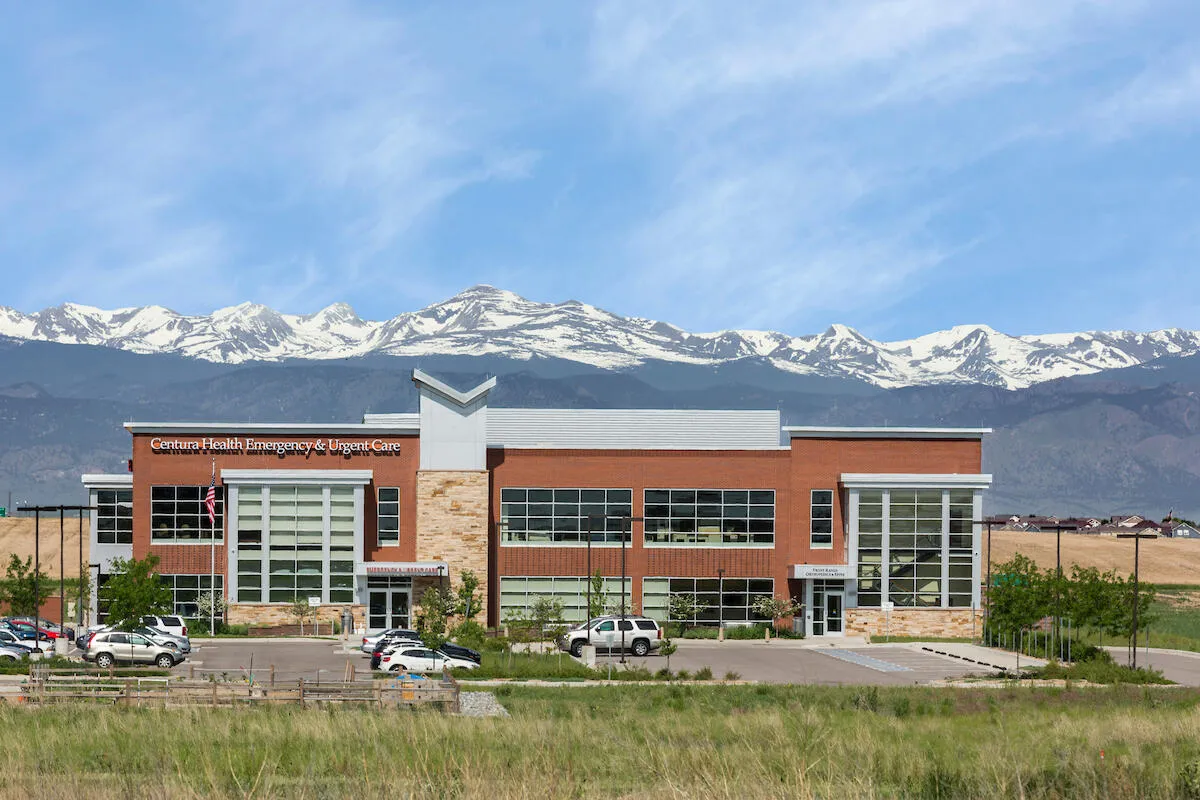Challenges remain as Boulder Valley health care groups move past COVID-19 era

BOULDER — The worst of the COVID-19 era might be several years in the rearview mirror, but Boulder Valley health care providers are still grappling with fallout from the pandemic.
Additional headwinds that may or may not be directly attributable to COVID-19 — labor shortages and inflation, for example — present other challenges, industry leaders said during BizWest’s CEO Roundtable on Health Care held Tuesday in Boulder.
COVID changes
Few industries were as heavily impacted by the pandemic as the one responsible for taking care of the people who got sick.
One of the most significant changes to the health care sector that resulted…
THIS ARTICLE IS FOR SUBSCRIBERS ONLY
Continue reading for less than $3 per week!
Get a month of award-winning local business news, trends and insights
Access award-winning content today!





